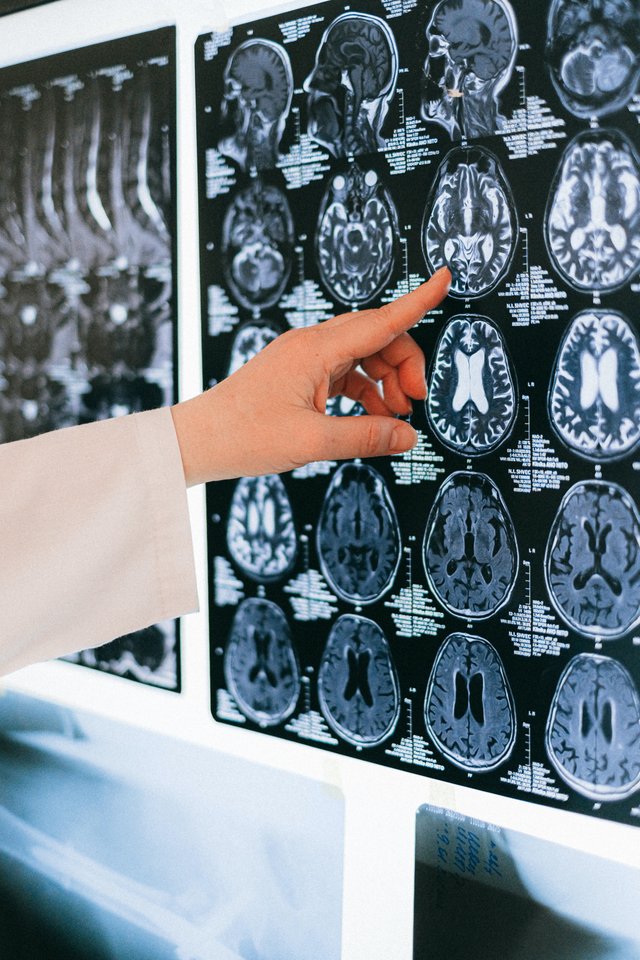Beetterlife|| Ways To Improve memory recall(effortless) in amazing ways
Greetings
You've been mulling over an idea in your brain for quite some time. That is a fantastic concept. That is a fantastic concept. It doesn't matter whether the statement is business or personal; it must have the capacity to change the world. The problem is that you will have completely forgotten about it by the time you get a chance to scribble it down.

source
However significant something appears to be at the time, it is unlikely that something you can't recollect for more than a few hours would be considered vital later.
The difficulty is that your information and how you use it might make or destroy your chances of achieving success.
What are your alternatives if you find yourself amid a memory crisis? Memory-improving techniques such as mnemonics, chunking, and memory palaces are among the more time-consuming options.
Take a look at these tried-and-true ways to boost your short-term memory and recall based on scientific discoveries to help you improve your memory and recall.
Make an educated guess about whether or not you will recall the material you are attempting to recollect. 2. This may seem weird to some people, and that's perfectly acceptable. Interestingly enough, according to a 2011 study published in the Canadian Journal of Experimental Psychology, merely asking yourself if you'll remember anything might boost your odds of recalling it by as much as 50 percent.

source
It isn't easy to recollect things you wish to accomplish in the future, such as future recalls. Having the ability to remember and carry out a planned action or reflect an intended purpose in the future is prospective recall.
Consider the following scenarios: remembering to thank an employee, sending a customer an email, or rearranging your calendar as examples.
For the life of me, I can't figure out how this thing works. According to research, quizzing oneself is an efficient approach for speeding up the learning process, and it is comparable to forecasting in that it is similar to predicting. A new study has discovered that doing acts of kindness can help develop and index episodic memories for later retrieval in the hippocampus.
You should take a moment to consider whether or not you will recollect anything in the future if you wish to remember something in the present.
According to research, simply taking action increases your chances of being successful.
It's best to say it out loud to yourself.

source
Individuals who vocally regurgitate what they've learned in school are something we've all witnessed at some point in our lives. It is also OK to speak it loudly. They're a strange-looking group of intelligent folks who keep their info in a file cabinet. They don't need to have a conversation with one's thoughts.
People that have a high level of intellect are capable of having a conversation with themselves.
According to a study published in the Journal of Experimental Psychology in 2010, mouthing or speaking words aloud made them stick out more than when they were not. The differences between them and the rest of the terms you've been thinking about will become apparent to you. What differentiates them from one another is their uniqueness.
The fact that they will be remembered as a result of all of this is assured.
To put it another way, move forward. If you're having trouble remembering anything, say it out loud to help yourself recall. You may even say it aloud to yourself if you like.
Your brain will express its gratitude to you.
Put in 40 seconds of practice.
Memory consolidation is a mechanism that the brain employs to help it organize and maintain memories. Even though memory consolidation is expedited, it still takes time to be permanently held in memory.
One strategy for improving your chances is to spend 40 seconds practicing whatever you want to remember before taking the test. According to a 2015 study published in the Journal of Neuroscience, practicing something for a short amount of time (such as recalling an event in your memory, going over what someone said in a meeting, or planning out a sequence of chores) significantly boosts your odds of remembering it later.
The researchers have identified this, as a result of which "The ability to recall complex, vivid events over one or two weeks may be significantly improved with just an hour or two of practice per week. It has been discovered that the rehearsal effect is mediated by an area of the brain known as the posterior cingulate cortex."
Consequently, it would help if you had plenty of time to do anything else you had planned on doing while you were away.
due to the fact that ideas that do not result in action are not truly ideas at all.
Hopefully, you will accept my apologies for any trouble this may have caused.
Hae A nice day
#Special Mention and Thanks to
